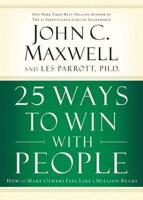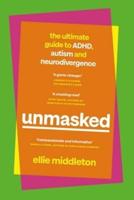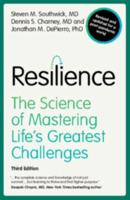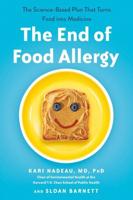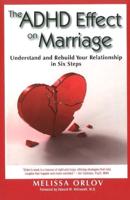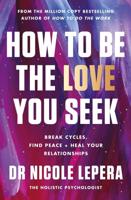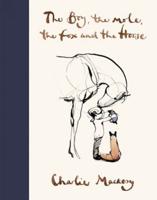Publisher's Synopsis
Stress can be defined as the physiological response to a psychological perception or happening. Stress is not the problem; it is how we cope with the stressful situation that is the problem. Generally speaking, when we are under stress, we eat too much and don't get enough exercise.
If we are in a situation where there is danger or fear, we will experience an instinctive animalistic physiological response that prepares us to fight or run away. This is commonly known as the fight-flight response or the adrenaline rush. Many physiological reactions happen to enable the body to fight or run away, but once the danger has passed, our bodies return to balance.
In today's complex society, we are involved with situations that continually cause frustration, anger, insecurities, impatience, etc. Unless we can control this response, we get the same fight-flight reaction as we get from danger, except in a reduced degree. But the body does not return to balance, because we are continually faced with a new crisis or problem. This could go on hour after hour and day after day. The deleterious effect of this mild physiological response, over time, causes the problems, the afflictions of civilization, one of which is heart disease.
It is possible to cope with all this from both a physiological and practical perspective. Physiologically, we need to use the relaxation response, and practically, we need to manage and organize our chaotic lives. Exercise and nutrition will help us cope with stress. Combining the best of all three will give us the best chance of living a healthy lifestyle.

